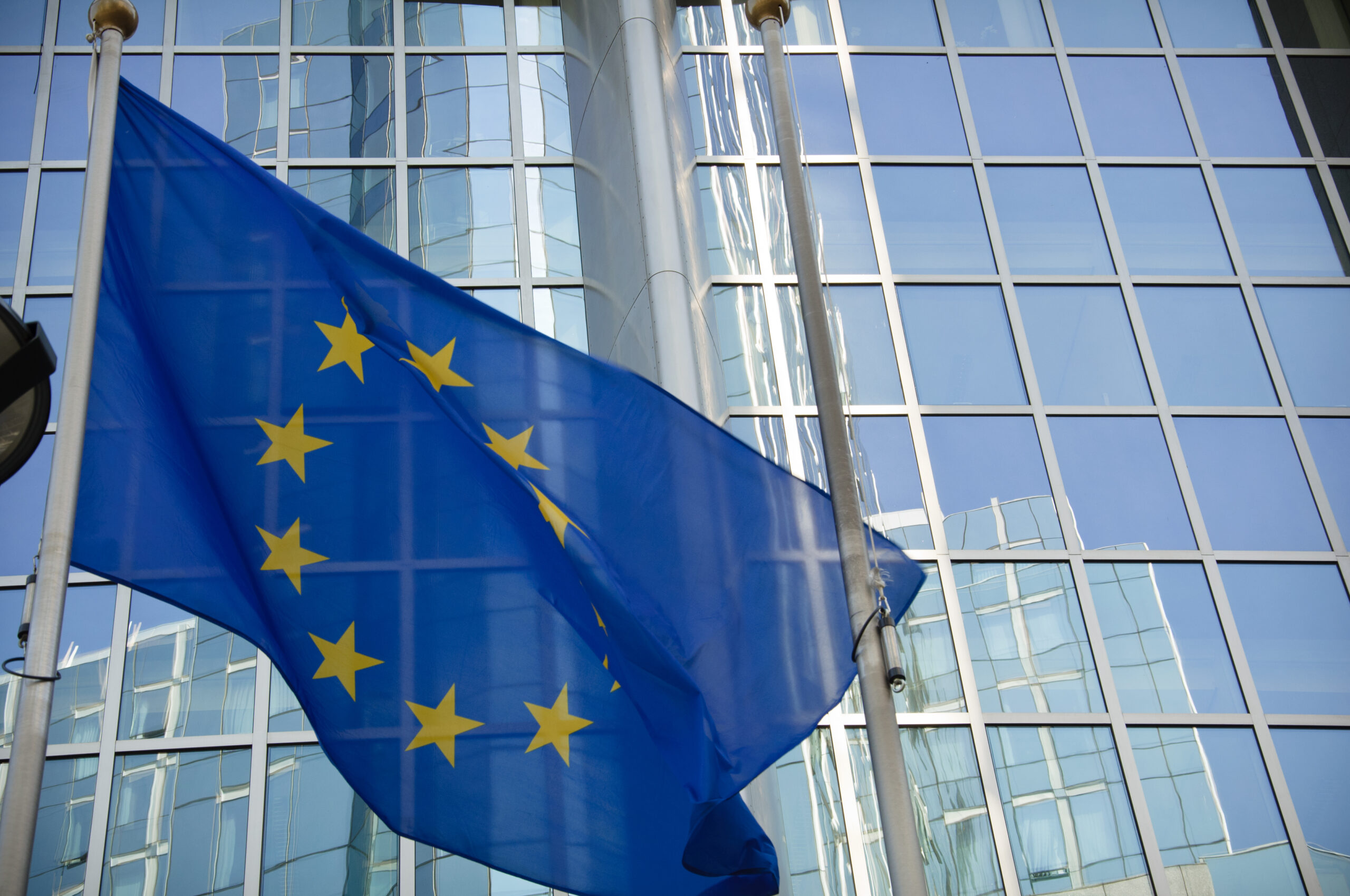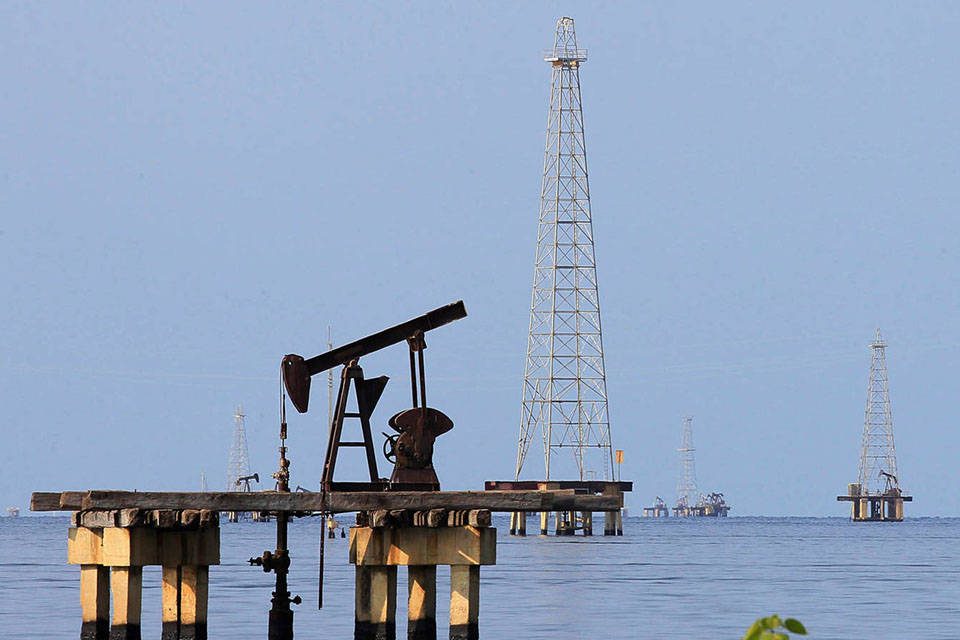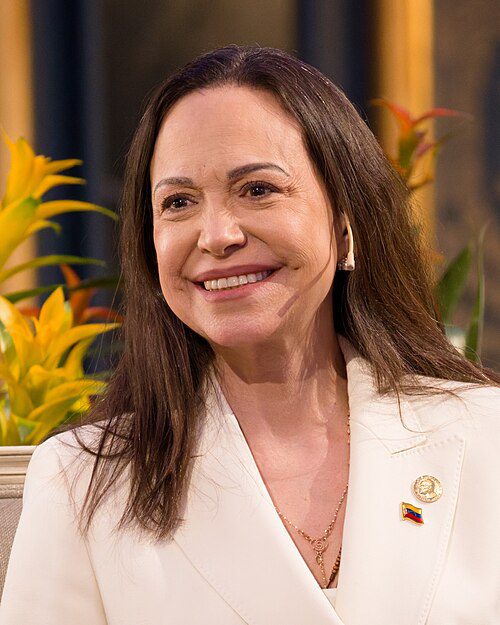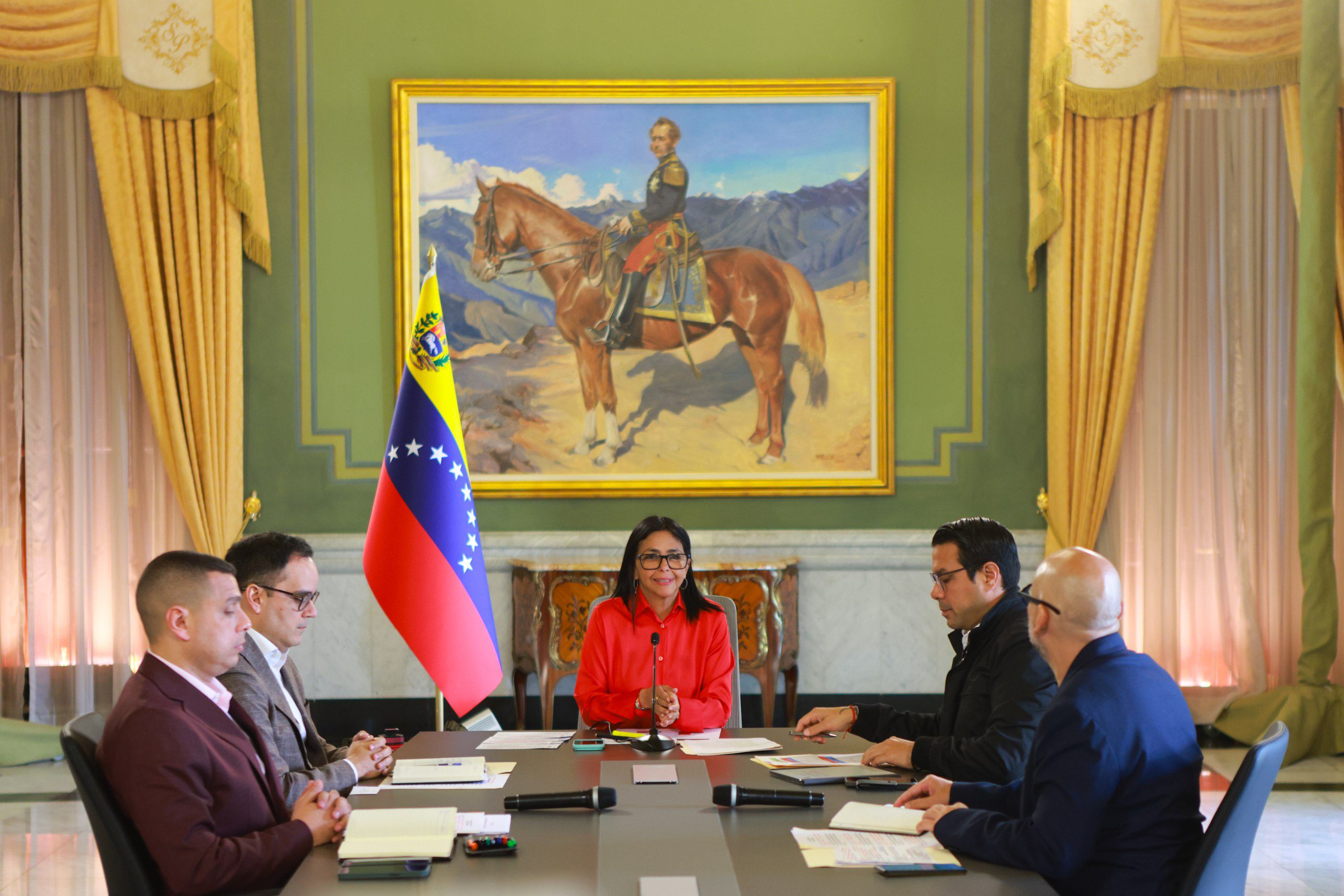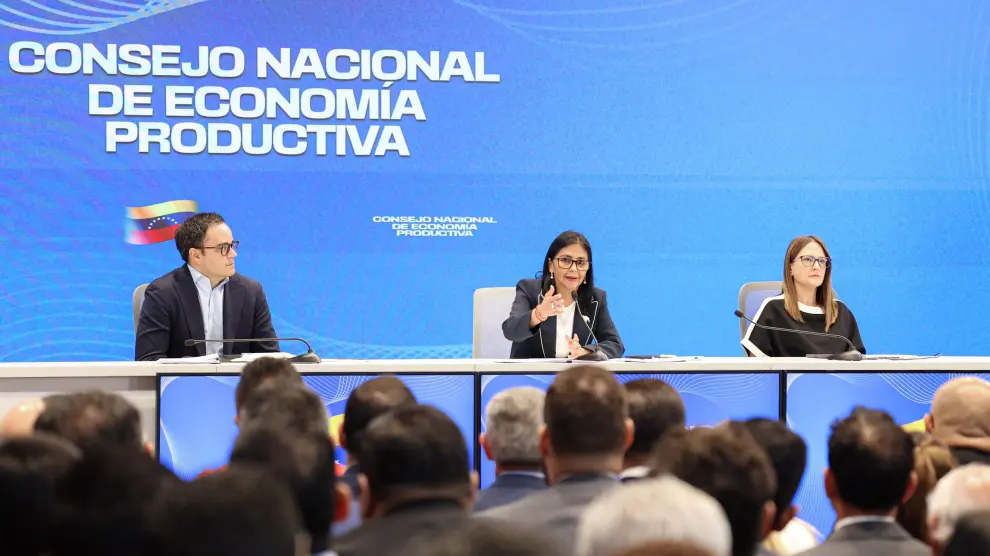The European Commission, the executive branch of the bloc, announced that the decision was made following a “thorough evaluation” and urged co-legislators to support the measure. Photo: Archive
Guacamaya, June 10, 2025 — The European Union officially added Venezuela to its list of “high-risk” jurisdictions for money laundering and terrorist financing this Tuesday. This decision requires European financial institutions to apply enhanced due diligence to transactions involving Venezuelan clients or entities.
Venezuela joins Monaco, Algeria, Angola, Côte d’Ivoire, Kenya, Laos, Lebanon, Namibia, and Nepal on the updated list. Meanwhile, countries such as Panama, Barbados, Gibraltar, Jamaica, the Philippines, Senegal, Uganda, and the United Arab Emirates were removed.
The European Commission, the EU’s executive branch, stated that the update followed “a thorough technical assessment based on specific criteria and a well-defined methodology,” incorporating information from the Financial Action Task Force (FATF), which had already placed Venezuela on its “grey list” last August.
Maria Luís Albuquerque, European Commissioner for Financial Services, emphasized that identifying “high-risk territories is a crucial tool to safeguard the integrity of the EU’s financial system,” according to a statement released by AFP. For Venezuela, this inclusion poses a significant challenge to its integration into the international financial system.
Although Venezuela has committed politically to FATF to strengthen its anti-money laundering (AML) and counter-terrorism financing (CFT) frameworks, it still faces a complex environment marked by international sanctions and systemic AML/CFT deficiencies.
The inclusion does not impose direct sanctions but increases European scrutiny over financial operations involving Venezuelan natural and legal persons. This heightened vigilance complicates investor confidence and commercial partnerships, further challenging Venezuela’s economic relations abroad.

